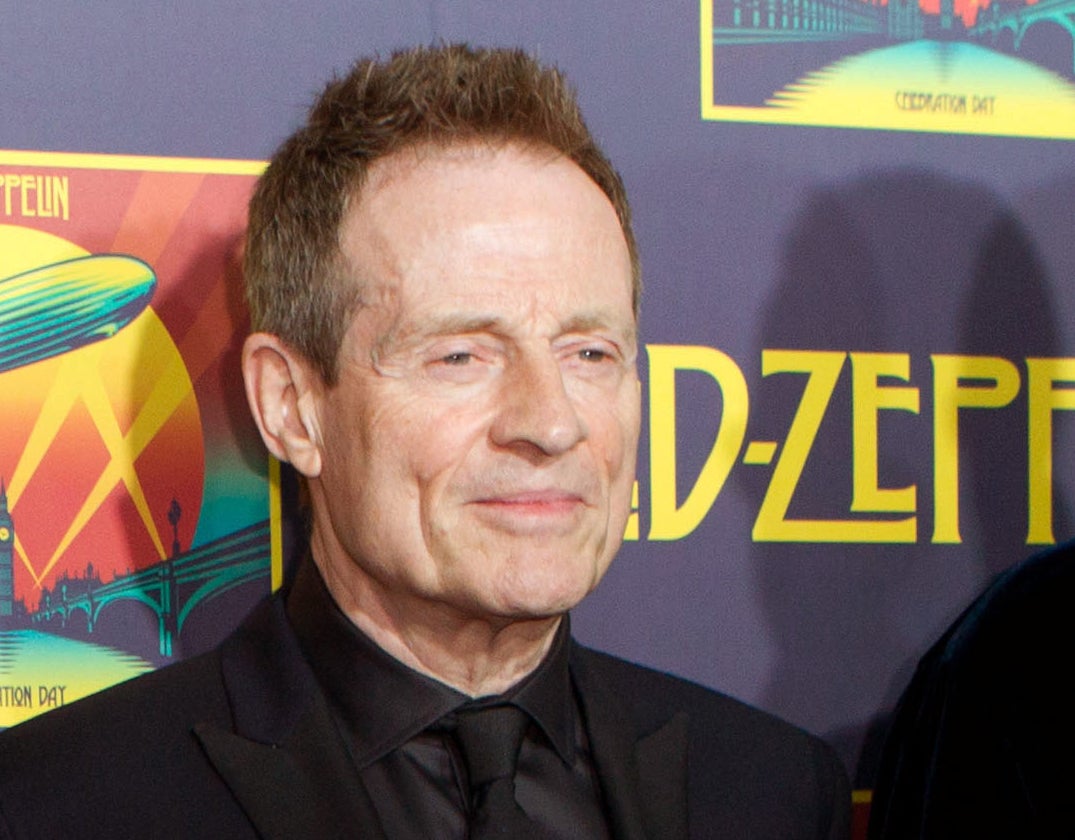Supersilent featuring John Paul Jones, Arches, Glasgow

Your support helps us to tell the story
From reproductive rights to climate change to Big Tech, The Independent is on the ground when the story is developing. Whether it's investigating the financials of Elon Musk's pro-Trump PAC or producing our latest documentary, 'The A Word', which shines a light on the American women fighting for reproductive rights, we know how important it is to parse out the facts from the messaging.
At such a critical moment in US history, we need reporters on the ground. Your donation allows us to keep sending journalists to speak to both sides of the story.
The Independent is trusted by Americans across the entire political spectrum. And unlike many other quality news outlets, we choose not to lock Americans out of our reporting and analysis with paywalls. We believe quality journalism should be available to everyone, paid for by those who can afford it.
Your support makes all the difference.For the majority of the all-seated crowd in Glasgow’s atmospheric underground railway arch venue, the suspicion is they’re here because of the ‘featuring John Paul Jones’ element of tonight’s bill.
The sometime Led Zeppelin bassist is, of course, one surviving third of a group who inspired fifty million applications for tickets to a one-off 2007 reunion show, but this latest of his many and eclectic projects is vastly removed from the one he’ll forever be most known for.
In the past he’s recorded with Diamanda Galas, made orchestral arrangements for REM, played with Foo Fighters and formed supergroup Them Crooked Vultures with the latter band’s Dave Grohl, but the 66-year-old’s onstage collaboration with Norwegian jazz-rock outfit Supersilent is possibly his strangest venture yet.
Although the trio were set up in a relatively traditional manner – Jones on bass, Ståle Storløkken on keyboards and synthesisers, and de facto bandleader Arve Henriksen on drums and vocals – the sound they made was an improvised and largely avant-garde wash of noise. Noodling bass solos were nowhere to be found.
In this context what they were doing was almost as important as the sound they made, with the improvisations a fluid process which involved very little looking at one another. All three were in their own world but their sound overlapped perfectly, with Jones stroking an ethereal screech from the strings of his electric bass while Henriksen tapped out a heartbeat on drums over an indecipherable vocal mantra and a squall of electronic static.
Separated into lengthy movements over almost an hour and a half which left space for applause, the format permitted dramatic changes in tone, from blind alleys of noise over a dissonant, syncopated drum part to sludgy, nocturnal waves of sound effects underpinned by an almost subsonic bass rumble and some desperately uplifting trombone from Henriksen. Only once did Jones’ bass kick into a strong lead riff, but it was immediately followed by a closing slice of icy electronica topped off by Henriksen’s best Sigur Ros-aping choirboy falsetto.
Inevitably there were those who didn’t get it, like the group who chose to get loudly drunk in the bar and occasionally pop their head in to tut and shake their heads, or the old rocker who sadly sighed “I thought he was going to play some songs when he was done tuning up” on the way out. But this was a first-rate avant-garde performance, albeit perhaps one more suited to All Tomorrow’s Parties than Led Zeppelin’s much longed-for Glastonbury headline appearance.
Join our commenting forum
Join thought-provoking conversations, follow other Independent readers and see their replies
Comments